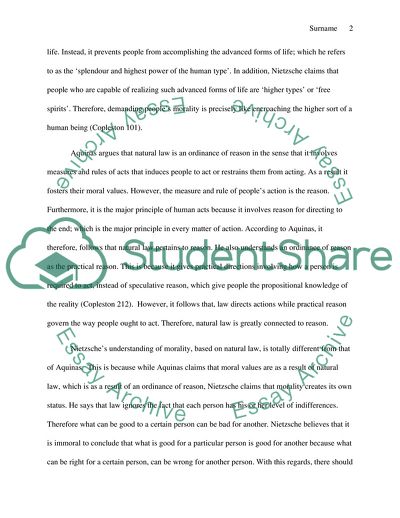Cite this document
(How did Social media influence the Arab spring uprising in Tunisia and Assignment, n.d.)
How did Social media influence the Arab spring uprising in Tunisia and Assignment. https://studentshare.org/psychology/1827859-how-did-social-media-influence-the-arab-spring-uprising-in-tunisia-and-egypt
How did Social media influence the Arab spring uprising in Tunisia and Assignment. https://studentshare.org/psychology/1827859-how-did-social-media-influence-the-arab-spring-uprising-in-tunisia-and-egypt
(How Did Social Media Influence the Arab Spring Uprising in Tunisia and Assignment)
How Did Social Media Influence the Arab Spring Uprising in Tunisia and Assignment. https://studentshare.org/psychology/1827859-how-did-social-media-influence-the-arab-spring-uprising-in-tunisia-and-egypt.
How Did Social Media Influence the Arab Spring Uprising in Tunisia and Assignment. https://studentshare.org/psychology/1827859-how-did-social-media-influence-the-arab-spring-uprising-in-tunisia-and-egypt.
“How Did Social Media Influence the Arab Spring Uprising in Tunisia and Assignment”. https://studentshare.org/psychology/1827859-how-did-social-media-influence-the-arab-spring-uprising-in-tunisia-and-egypt.


